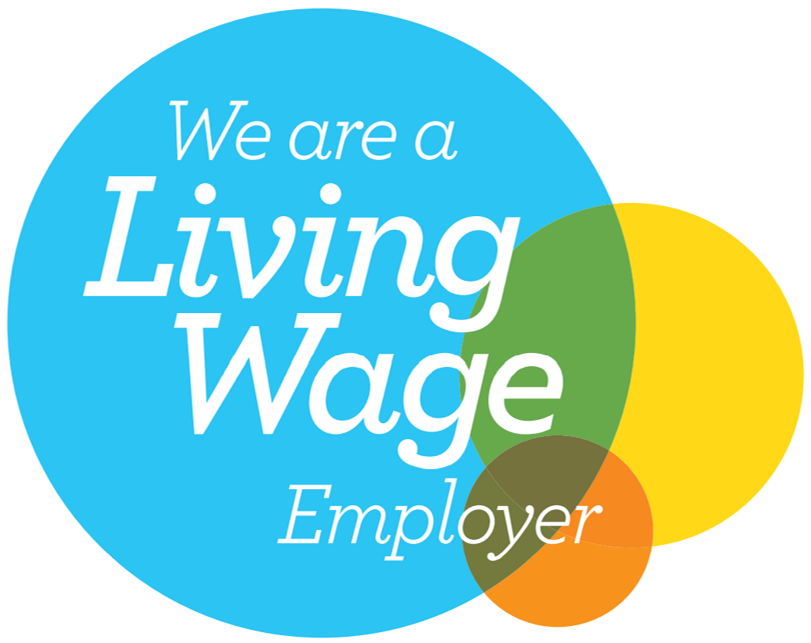Time, Money and the Living Wage
Time, Money and the Living Wage
As a freelancer for the past six months, I’ve been rattling around in my attempt to gain an understanding of how it all works and get clients to sign me up for their social media, content and marketing roles. After a few ups and downs and some great opportunities to build my portfolio, I’m starting to create myself a small corner in the world of freelancing.
However, after gaining the work I’ve discovered that producing the actual work is only half the battle. Many obstacles lay in the way, chief among them getting paid well and correctly for your time and efforts. I’m just starting out, so I’ve set my rates on the low side while I gain more experience. After taking out tax, national insurance and student loan fees that I have to calculate and deduct myself, I find I’m left with very little at the end of the month for rent, bills, and other assorted costs.
With the huge rise in the cost of living, the balance of rates versus hours is an ongoing battle. Different times of the year puts other strain on incomes as heating usage rise in winter and the efforts to keep cool in the summer. And then there's gaining new opportunities when a contract's work comes to a close and the nagging knowledge of the need for more work and income.
All this has made me grateful for the Living Wage Foundation and its campaign to make sure pay and hours for everyone are fair and on par with the true cost of living. Businesses that sign up agree to pay the real Living Wage, not only for their employees but also their freelancers and to work with other suppliers to ensure they too are paying it. It’s worth making the distinction here between the Living Wage Foundation’s Living Wage (£10.90 nationally and £11.95 in London), which is the only living wage based on the real cost of living, and what the Government calls the National Living Wage (going up to £10.42 from 1 April 2023 for over 22 year olds) and the Minimum Wage for under 22s, which changes depending on your age. While at an hourly rate, this may not seem like a lot, over the course of a year, that’s a difference of £864 a year (based on 37.5 hours a week).
So here are just a few reasons the real Living Wage is important:
- Knowing that there are so many companies and agencies out there that believe in fair pay and a decent Living Wage for all workers, whether they’re signed up to the accreditation or not, is a relief. Seeing the Foundation’s logo on a website gives me the confidence that the company cares about its employees and suppliers.
- Knowing what I know now, I’m glad that I work for people that are a part of this great campaign and really want to do something to help those that work for them. This helps not just from an employment angle, but also a consumer one, knowing that the goods and services I’m seeing and using have been created by people who are paid fairly for their work.
- But mostly, knowing that freelancing has never been the most secure of jobs for pay or regularity of hours, finding out that there are companies that want to give people like me the assurance of a decent wage and regular hours for however long the job is contracted.
At Co-relate, while they recognise the cost-of-living crisis is affecting small businesses too, they strongly encourage more businesses and organisations to sign up to the Living Wage Accreditation if they can, helping to bring decent salaries and living standards to the people who contribute to your business success.


